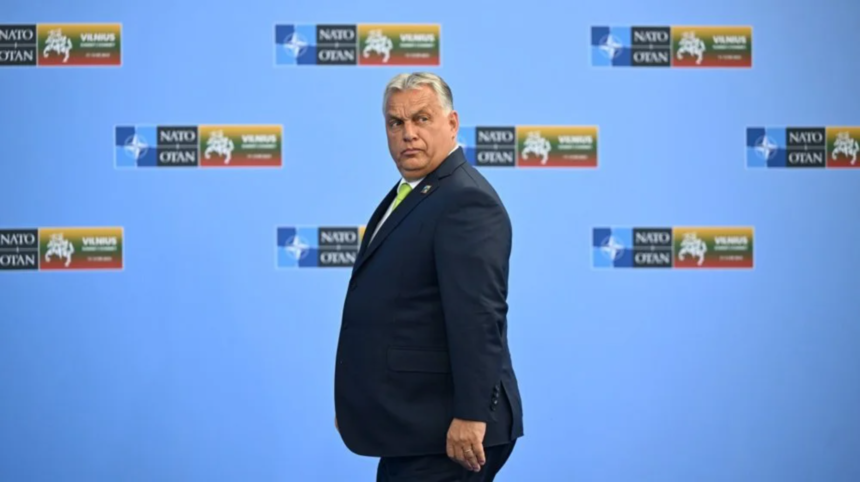Hungary’s political landscape is shifting increasingly toward authoritarianism, often compared to Russian President Vladimir Putin’s governance model under Viktor Orban’s leadership. Critics have decried the criminalization of homosexuality, the tolerance of neo-Nazism, and the escalating populist rhetoric of the Hungarian Prime Minister.
In February 2025, a neo-Nazi rally took place in the heart of Budapest, near Orban’s official residence, with symbols of the Wehrmacht, SS, and Russian flags openly displayed. While Hungary officially bans demonstrations with totalitarian symbols, the Orban government allows such marches to occur without repercussions. This is in stark contrast to the situation regarding LGBTQ+ “propaganda,” where businesses face hefty fines for displaying gay content accessible to minors.
The government’s recent actions include banning Pride Parades under the guise of protecting children. New amendments to the constitution swiftly passed through parliament, and President Tamás Sulyok signed the law, further restricting LGBTQ+ symbols and behaviors in public spaces, including fines up to €550 for offenders.
Orban’s recent statements reflect his hardline stance, promising a “mass cleansing” of his critics and opponents before Easter. He described them as “bedbugs” that would be “liquidated,” a dehumanizing rhetoric that echoes historical authoritarian language, reminiscent of Nazi and Soviet leaders. This inflammatory rhetoric has shocked even political opponents and independent journalists, fueling accusations of rising fascism.
Amid growing dissatisfaction, there are signs of potential political shifts in Hungary. Public discontent with Orban’s policies, especially concerning corruption and nepotism, is mounting. The economy struggles with inflation and inadequate social support measures, while Orban continues to invest in sports infrastructure, seemingly neglecting critical sectors like education and healthcare.
The opposition, led by figures like Peter Magyar, is gaining momentum, challenging Orban’s dominance. Magyar’s party, Tisa, now leads in some polls, and he has become the most popular political figure in Hungary.
As Hungary heads towards parliamentary elections in 2026, Orban’s escalating tactics seem aimed at maintaining control, possibly through increased polarization and the marginalization of dissent. The future remains uncertain, with the possibility of more extreme measures, including actions against critics under the guise of national security. The rhetoric of “liquidating” opponents raises concerns over the potential for physical repressive actions, echoing strategies employed by authoritarian regimes, notably in Russia.







